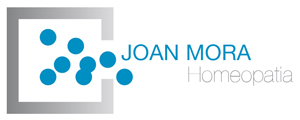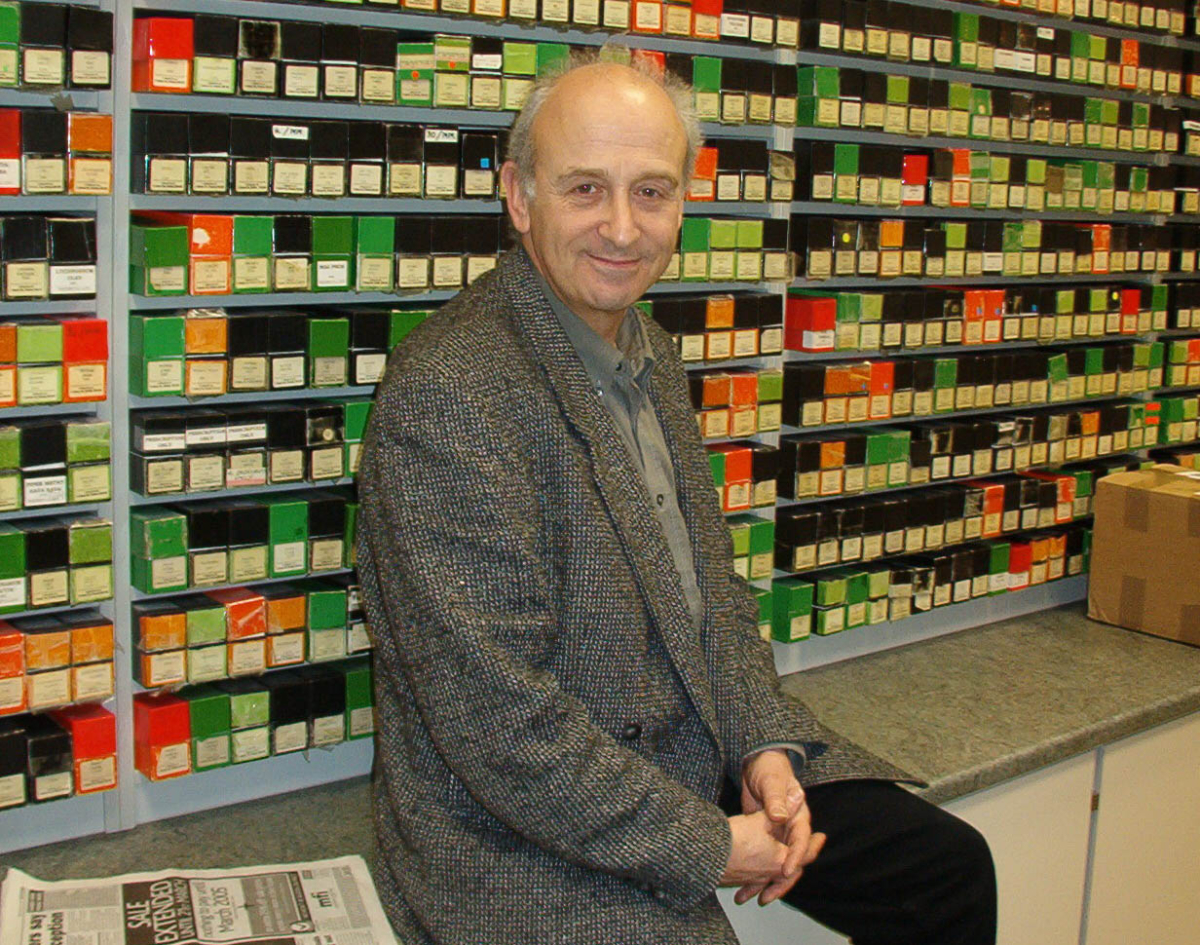Dear Professor Beddington,
I was a little dismayed to read in The Guardian (Wednesday 29th February http://www.guardian.co.uk/science/2012/feb/29/scientific-advisers-ignored-lords-report), and hear your colleague Lord Krebs on BBC Radio 4, comment that funding of homeopathy by the NHS is ‘crazy’ and that apparently it has ‘no scientific basis’. My response is in two parts.
First, as the Government’s Chief Scientific Advisor, you must surely be aware that, according to the BMJ, over 50% of conventional medical procedures funded by the NHS similarly have little or no basis in science(1). Therefore, according to your analysis, NHS funding of these procedures must be equally ‘crazy’, especially as many of them are much more costly to the NHS than homeopathy.
So you must also be aware that in 2010, the NHS’s drug bill was £10.2 billion(2) £2 billion of which was spent on dealing with those drugs’ side-effects (3)
Against this, NHS spending on homeopathy (including infra-structure) was just £12 million – a mere 0.011% of the total NHS budget of £110 billion – of which a paltry £152,000 was spent on (largely side-effect free) homeopathic medicines(4).
Given this vast disparity in NHS spending, perhaps you might be good enough to explain why NHS funding of over 50% of its procedures for which there is little or no evidence, isn’t just as ‘crazy’ as funding homeopathy? Or to put it another another way, when the NHS is trying save billions, what possible difference to the NHS budget can it make to stop funding a therapeutic modality used and trusted by millions of people throughout the United Kingdom and half a billion people worldwide? (5)
This brings me to the second part of my response about there being no scientific basis for homeopathy.This simply isn’t true. By the end of 2009, a total of 142 randomised controlled trials of homeopathy had been performed and published in peer-reviewed journals. Of these, more than half (74) were able to draw statistically firm conclusions; 85% of these (63) being positive (i.e., patients given homeopathic medicine improved much more than those given either an inactive placebo or established conventional treatment), while only 15% (11) were negative, i.e., no significant difference seen between action of the homeopathic medicine and the comparison group. In addition, out of 23 systemic reviews of homeopathic trials published, 10 were positive, 8 were inconclusive, and 5 showed little or no evidence (6)
Far from there being ‘no scientific basis’ for homeopathy therefore, at the very least one can say there is disagreement over the effects of homeopathic medicines and how high dilutions might work.(7). Consequently, instead of referring to NHS funding of homeopathy as ‘crazy’, perhaps a less biased and more rational statement might have been that, as with many conventional medical procedures, homeopathy is of uncertain efficacy (8)
For even if one were to dismiss homeopathy as mere placebo (9), it would still be infinitely cheaper than the one the NHS currently favours, namely Prozac, which recent trials have demonstrated is no better than placebo! (10). Taken together with the unearthing of systematic and log-term abuse of science in medical and pharmacological research (11), one could perhaps be forgiven for thinking the fuss regularly made over homeopathy by so-called sceptics is no more than a red herring.
I can understand scientists’ concerns about the way their advice is or is not heeded by those in government. I can also understand the worries of those in the scientific community that our various disciplines are not taken seriously or even that well understood, and that scientists need to engage more with the public and be truly sceptical (not the ersatz scepticism of fashionable journalists and commentators). Also, as Sir Paul Nurse pointed out in his excellent Dimbleby Lecture, scientists should speak truth to power.
These are all highly laudable sentiments, but let us be as sure as we can it is truth we speak, not the tired shibboleths of well-funded campaigning organisations(12) or the daily rantings found on two a penny Internet sites. For the truths of science have yet to be proven absolutely but when they are believed to be absolute (aka, scientism, especially where they are perhaps over-enthusiastically applied to a field like medicine),(13) then science is in danger of degenerating into dogmatism, even fanaticism, which in our democratic society should concern us all, particularly those in government (14)
Yours Sincerely
Dr Lionel R Milgrom BSc, MSc, PhD, CChem, FRSC, LCH, MARH, RHom
References
1. See the regularly updated BMJ website, http://clinicalevidence.bmj.com/ceweb/about/knowledge.jsp
2. “Call to curb the rising NHS drug bill”, 3rd April 2008, http://news.bbc.co.uk/1/h/health/7190267.stm
3. S. Boseley. “Adverse drug reactions cost NHS £2 billion.” The Guardian 3rd April 2008.
http://www.guardian.co.uk/society/2008/apr/03/nhsdrugsandalcohol.
4. Mr O’Brien, response to Q244, House of Commons Science and Technology Committee, Evidence Check 2:
Homeopathy (London: The Stationery Office Limited 2010) p Ev73.
5. Professor Woods, response to Q211, House of Commons Science and Technology Committee, Evidence
Check 2: Homeopathy (London: The Stationery Office Limited 2010) p Ev3.
6. R. Mathie. The research evidence base for homeopathy. British Homeopathic Association, 2009.
7. Here is a sample of sources on the evidence for high dilutions. M. Chaplin. Water Structure and Behaviour.
Regularly updated online document at: www.lsbu.ac.uk/water; S. Samal & K.E. Geckler. Unexpected Solute
Aggregation in Water on Dilution. Chem Commun 2001; 21: 2224–2225: V. Elia & M. Niccoli.
Thermodynamics of Extremely Diluted Aqueous Solutions. Ann NY Acad Sci 1999; 879: 241–248; J-L.
Demangeat. NMR Water Proton Relaxation in Unheated and Heated Ultrahigh Aqueous Dilutions of
Histamine: Evidence for an Air-Dependent Supramolecular Organisation of Water. J Mol Liquids 2009; 144:
32–39: U. Wolf et al. Homeopathic Preparations of Quartz, Sulfur, and Copper Sulfate Assessed by UV-
spectroscopy. Evid Based Complement Alternat Med 2009; May 27:e-pub ahead of print; L. Rey.
Thermoluminescence of Ultra-high Dilutions of Lithium Chloride and Sodium Chloride. Physica (A)
2003;323:67–74; I.R. Bell et al. Gas Discharge Visualisation Evaluation of Ultramolecular Doses of
Homeopathic Medicines under Blinded, Controlled Conditions. J Altern Complement Med 2003; 9: 25–38;
R. Roy et al. The Structure of Liquid Water: Novel Insights from Materials Research. Potential Relevance to
Homeopathy. Mat Res Innov 2005;9:557–608; I. Prigogine & I. Stengers. 1985. Order out of Chaos.
London, UK: Fontana; A. Hankey. Are we Close to a Theory of Energy Medicine? J Altern Complement
Med 2004; 10: 83–86; E. Del Guidice, G. Preparata & G. Vitiello. Water as a Free Electron Dipole Laser.
Phys Rev Lett 1988; 61: 1085–1088: L. Montagnier et al. Electromagnetic Signals are Produced by Aqueous
Nanostructures Derived from Bacterial DNA Sequences. Interdiscip Sci Comput Life Sci 2009;1:81–90; P.
Belon et al. Histamine Dilutions Modulate Basophil Activation. Inflamm Res 2004;53:181–188; C.M. Witt
et al. The In Vitro Evidence for an Effect of High Homeopathic Potencies – a Systematic Review of the
Literature. Complement Ther Med 2007;15:128–138; L.R. Milgrom. ‘. . . Macavity’s Not There!’ J Altern
Comp Med 2009;5:1051–1053, and references therein; S. Gariboldi et al. Low Dose Oral Administration of
Cytokines for Treatment of Allergic Asthma. Pulmonary Pharmacology & Therapeutics 2009
doi:10.1016/j.pupt.2009.05.002.
8. See LR. Milgrom and K. Chatfield. Responses to ‘Against Homeopathy – A Utilitarian Perspective’ by
Kevin Smith. Response 2: Is Homeopathy really ‘Morally and Ethically Unacceptable’? A Critique of Pure
Scientism. Bioethics (in press, and enclosed with this email).
9. S. Brien, L. Lachance, P. Prescott, C. McDermott, G. Lewith. Homeopathy has clinical benefits in
rheumatoid arthritis patients that are attributable to the consultation process but not the homeopathic
remedy: A randomized controlled clinical trial. Rheumatology 2011;50:1070–1082; LR Milgrom and KC
Chatfield. ‘It’s the consultation, stupid!’ Isn’t it? J Altern Comp Med 2011;17(7):1-3.
10. I. Kirsch et. al. Initial severity and anti-depressant benefits: a meta-analysis of data submitted to the Food
and Drug Administration. PLoS med 2008;5(2):e45 doi:10.1371/journal.pmed.0050045
11. See, SL. Titus et al., Nature 453, 980–982 (19 June 2008); D. Fanelli. How Many Scientists Fabricate and
Falsify Research? A Systematic Review and Meta- Analysis of Survey Data. PLoS ONE 2009;4(5):e5738;
J. Naish. Faking it. Prospect August 2009, p63.
12. See http://powerbase.info/index.php/Sense_About_Science
13. K. Sikora. 2009. Complementary Medicine Does Help Patients. Times Online, 3 February. Online document
at: www.timesonline.co.uk/tol/life_and_style/court_and_social?article5644142.ece; G.C.S. Smith & J.P.
Pell. Parachute Use to Prevent Death and Major Trauma Related to Gravitational Challenge: Systematic
Review of RCTs. BMJ 2003;327:1459–1451; D.L. Sackett et al. Evidence Based Medicine: What It Is and
What It Isn’t. BMJ. 1996;312:71; J.M. Leggett. Medical Scientism: Good Practice or Fatal Error? J R Soc
Med 1997;90:97–101; D. Holmes et al. Deconstructing the Evidence-based Discourse in Health Sciences:
Truth, Power, and Fascism. Internat J Evid Based Healthc 2006; 4: 180; I. Devisch & S.J. Murray. ‘We
Hold these Truths to be Self-evident’: Deconstructing ‘Evidence-based’ Medical Practice. J Eval Clin Pract
2009; 16: 950–954; M. Rawlins. De Testimonio: Harveian Oration Delivered to the Royal College of
Physicians, London. 16 Oct 2008. http://www.rcplondon.ac.uk/news/news.asp?PR_id_422.
14. M. Ryder. Scientism. Entry in the Encyclopaedia of Science, Technology, and Ethics. Copyright 2001-2006
by Macmillan Reference USA, an imprint of the Gale Group.


Deixar una resposta